Choosing your discipline
Explore your options in first-year!
Not sure which branch of engineering to study? We have you covered. Our first year at USask Engineering is a general year with common core subjects.
By the end of your first term, you will have been introduced to all eight of our program areas (also refered to as disciplines or majors), and will get to choose five to explore in greater detail during our Discipline Experience week - giving you the opportunity to compare and contrast options and learn about the variety of work engineers do!
Chemical Engineering

Chemical engineers – also known as process engineers – design, implement and improve technology to make our lives more comfortable and safe, while minimizing the effect that we have on the environment. They take raw materials, living cells, chemicals, or other energy sources to create useful products.
Bachelor of Science in Engineering (BE)
Civil Engineering

Civil engineers design, construct and maintain structures like roads, highways, bridges, and airports. They help create safe and sustainable small- and large-scale water resource projects such as dams, canals, and pipelines.
Bachelor of Science in Engineering (BE)
Computer Engineering
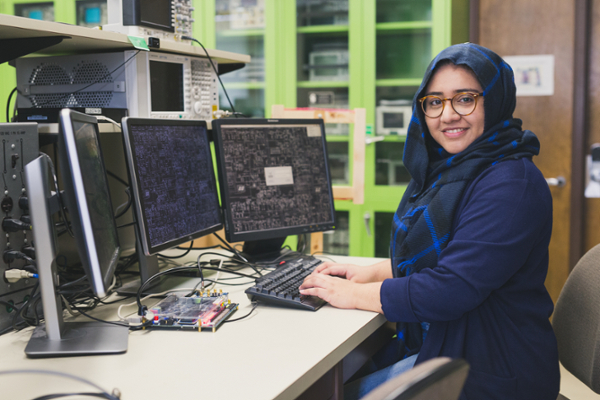
Computer engineering is the design, development and integration of computer programs and technology into devices and systems that improve how we interact with our world. Graduates design smart devices such as cellular phones, medical imaging, monitoring devices and much more.
Bachelor of Science in Engineering (BE)
Electrical Engineering
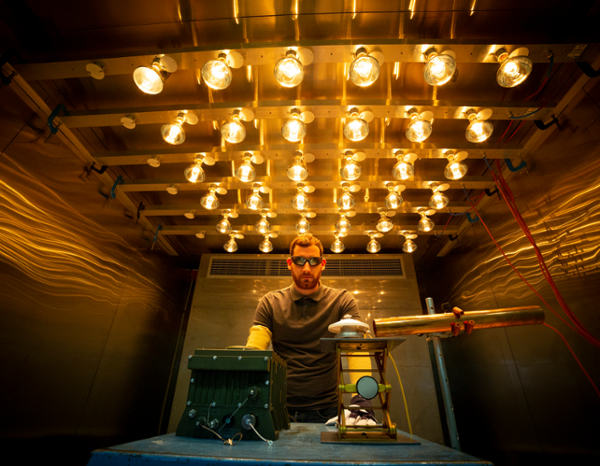
Electrical engineering is the design and management of power systems, communication networks and the electronic products that are transforming our way of life. Electrical engineers also design systems and networks that will deliver services such as internet, text, voice and video information around the globe.
Bachelor of Science in Engineering (BE)
Engineering Physics

Engineering physics is a bridge between pure and applied science. This program enriches you with analytical skills in mathematics and scientific reasoning, as well as technical skills in the design, construction and operation of systems including nanotechnology, space instrumentation, particle accelerators and more.
Bachelor of Science in Engineering (BE)
Environmental Engineering
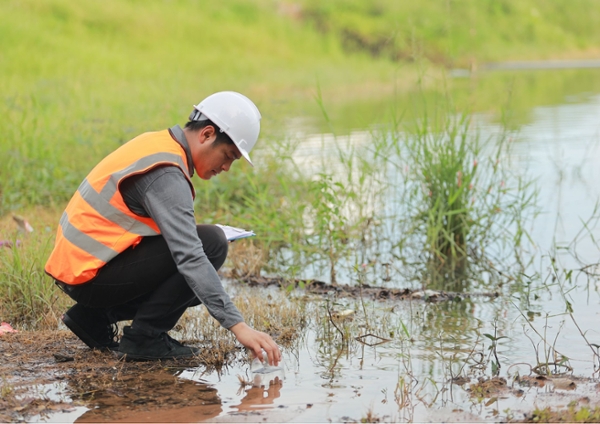
Environmental engineering is the application of science and engineering principles to protect and improve public health and the environment. Learn about water treatment, water and air pollution control, land protection and reclamation, and more.
Bachelor of Science in Engineering (BE)
Geological Engineering
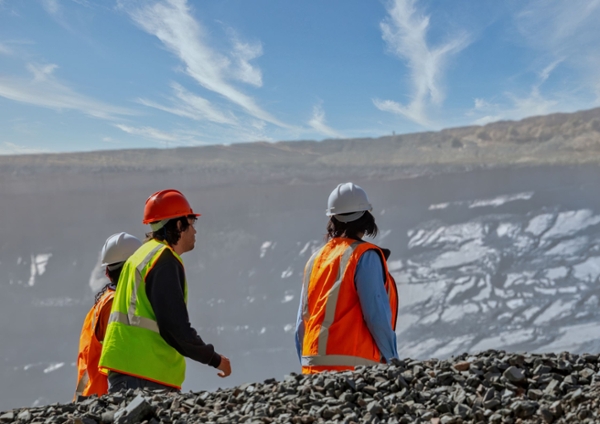
Geological engineering connects the worlds of nature and engineering. Geological engineers work to find and develop resources and to discover how to sustainably dispose of waste. Geological engineers also work to design and develop stable building foundations, bridges, dams and more.
Bachelor of Science in Engineering (BE)
Mechanical Engineering
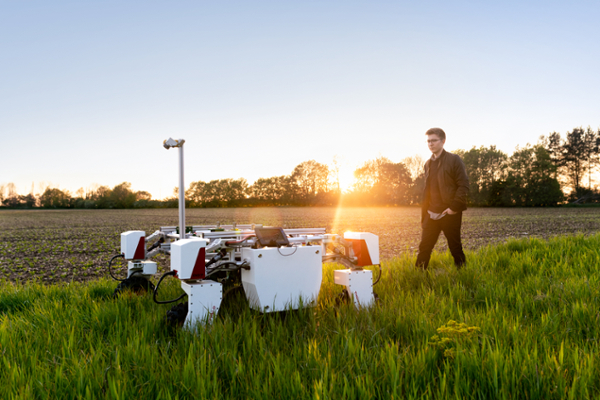
Design, develop, build and test everything from engines, to power systems, to medical devices to mining equipment. Essentially, if it moves, a mechanical engineer was likely involved.
Bachelor of Science in Engineering (BE)
Degree Options
Enhance and customize your degree
A degree option within the College of Engineering is a prescribed set of courses that provides a concentration of specialized training in one particular field of study of the Bachelor of Science in Engineering (B.E.) program.

Autonomous mobile robotics
Students learn how to design, program, debug, and implement an autonomous mobile robot. Topics include Robot Operating System (ROS), mobile robot sensors, mobile robot kinematics, algorithms needed to control an autonomous mobile robot and more.
Available for students in Electrical Engineering (B.E.)

Bioprocessing
Learn about how to use biological systems and principles to develop sustainable processes for producing valuable products such as pharmaceuticals, biofuels, and food ingredients.
Available for students in Chemical Engineering (B.E.)

Digital signal processing & applications
Digital Signal Processing is the backbone of how the world communicates. It's the technology that allows us to phone a friend, take photos and store them forever, connect people around the world with satellites and more.
Available for students in Computer Engineering (B.E.) and Electrical Engineering (B.E.)
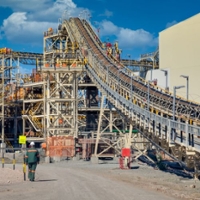
Mineral processing
Students learn about extracting valuable minerals from ores through various chemical processes. It's used worldwide in industries like mining to obtain materials essential for manufacturing cars, electronics, and other everyday products.
Available for students in Chemical Engineering (B.E.)

Mining
Students gain foundational knowledge of mining operations such as process engineering, mine design, excavation techniques, and mineral deposits.
Available for students in Geological Engineering (B.E.) and Mechanical Engineering (B.E.)

Petroleum
This option provides students with specialized courses in petroleum engineering, oil/gas engineering and bitumen upgrading.
Available for students in Chemical Engineering (B.E.)

Power and energy
Learn about the application of systems and technologies related to generating, transmitting, distributing, and utilizing electrical energy efficiently and sustainably.
Available for students in Electrical Engineering (B.E.)

Sensors, circuits and devices
This focus area encompasses the design, analysis, and implementation of components that detect, process, and transmit signals or data, crucial for various applications ranging from consumer electronics to biomedical devices.
Available for students in Electrical Engineering (B.E.)

Software
Learn about the design, development, and implementation of programs and algorithms that enable hardware systems to function, ranging from operating systems to apps and more.
Available for students in Computer Engineering (B.E.)

